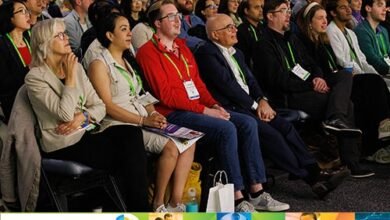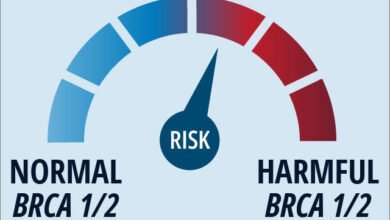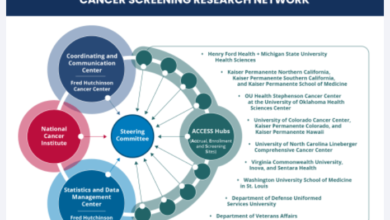Cancer Research UK – Science blog
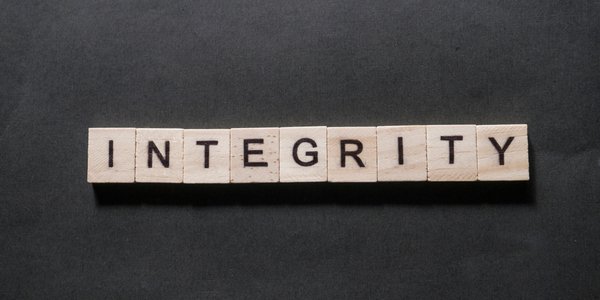
You may not have realised there is a vibrant circuit of conferences and events for the research integrity community. Here, Catherine Winchester tells us how this really has helped shape the way she delivers research integrity – and why these events are crying out for researcher input…
As a research scientist I found going to conferences really beneficial. Not least because they were a great opportunity to get out of the lab, present and discuss my data, learn about other people’s work and to meet other researchers but I also enjoyed the perk of travelling and exploring new places.
Moving into research management I envisaged missing this aspect of being a research scientist. However, this hasn’t been the case. To my surprise I found that there is a stimulating conference scene for research integrity, metascience and topics related to best practices in research.
Like academic conferences they provide a forum for exchanging knowledge and a social platform for interacting with other people, building networks and collaborations. They are attended by a wide spectrum of stakeholders and I have met other research professionals as well as researchers, metascience researchers, funders, publishers and policy advisers.
Integrity around the World
A particular favourite of mine have been the World Conferences on Research Integrity. With the eighth one scheduled in 2024, these global conferences aim to bring everyone with an interest in fostering research integrity together to discuss best practices to promote responsible research, current issues and to devise solutions. In fact, the WCRIs have produced four statements to promote a unified approach to improving research practices. The Singapore Statement on Research Integrity was produced after the 2nd WCRI in 2010 to encourage the development of worldwide policies, guidelines and codes of conduct.
Since then attendees at WCRIs have collaborated to produce the Montreal Statement on Research Integrity in Cross-Boundary Research Collaborations, the Amsterdam Agenda to coordinate efforts to improve global research integrity and the Hong Kong Principles for assessing researchers to minimise perverse incentives that drive researchers to questionable research practices or research misconduct. The most recent WCRI organisers are also developing a ‘Cape Town’ statement focussed on “fostering research integrity in an unequal world”.
Personally, I have found these conferences useful for having time to reflect on our work at the Beatson on promoting and supporting responsible research practices and for getting ideas on how to develop this work and I’ve even been able to present a poster on our research integrity training programme. It’s been reassuring to see that our approach is consistent with current best practices.
…You can keep it local
However, there are more local opportunities to attend research integrity conferences.
The UK Research Integrity Office , for example, holds an annual conference, which – similar to the WCRIs – enables the UK sector to come together to discuss how we support a culture of research integrity, how we can respond to challenges, and also to learn about new developments. Since the COVID-19 pandemic the conference has been online and free to attend. The theme this year is Research Culture and Confidence and our very own Andrew Porter will be on a panel discussing peer review of scientific methods.
It’s clear to me that my job as research integrity adviser at the Beatson has benefited from discussions with people working in different areas at universities and research organisations across the UK. Networking opportunities are invaluable, and the Scottish Research Integrity Network (SRIN) was born from conversations between delegates working at Scottish universities who met in London at the UKRIO 2019 annual conference.
SRIN is open to anyone with an interest in research integrity practices and we are having our annual meeting at the end of March. UKRIO also hosts webinars on research integrity, ethics and related research practices. Indeed, both UKRIO’s annual conference and the webinars cover a broad spectrum of topics, so it’s great to be able to continue to learn and share practice on the many facets of what contributes to a healthy research culture.
As I look back, there are many events which have helped shape my approach to integrity and how I help embed that at the Beatson. I have attended the Royal Society’s Research Culture conference and Universities UK Research Culture and Practice Forum, as well as a Wellcome Trust Café Culture workshop hosted by the University of Glasgow. I have also shared our practices by speaking at the Westminster Higher Education Forum Policy conference on “next steps for research integrity and reproducibility”. Furthermore, I have been to conferences, workshops and webinars on more specialised topics, such as publication ethics and practices, the use of computational tools for detecting problematic data and publications, and FAIRSFAIR best practises for data management.
Upcoming events
So, what is on my agenda for this year? With a focus on Open Research, I will be engaging with the UK Reproducibility Network’s programme of events. And as well as attending the SRIN meeting and UKRIO’s annual conference, I will be joining the UKRIO team on a panel to discuss responsibilities and solutions for publication ethics at the UKSG annual conference.
Many of these events are free and set up for virtual and/or in person attendance. The input from a wide variety of stakeholders really does make them an opportunity to address a broad range of topics on the theme of research integrity and responsible research practices.
Please do think about coming along as we really value researchers’ contribution to the conversation.
Keep your eyes peeled for the next instalment of this series from Dr Andrew Porter
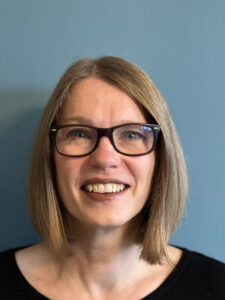
Dr Catherine Winchester is senior research adviser – grants and research integrity at the Cancer Research UK Beatson Institute
Source link
#Cancer #Research #Science #blog
